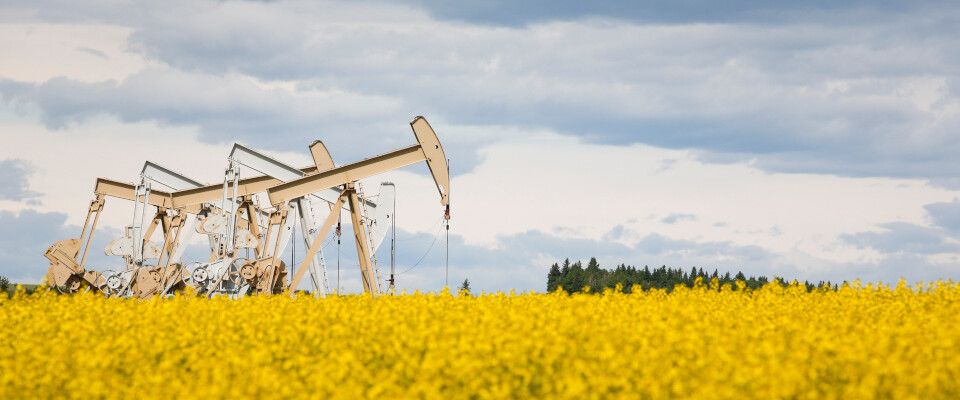I don't mind the Albertans thing. Calgarians don't have the Toronto or even Vancouver mentality for that matter where they think, rightly or wrongly, that their province revolves around them. Alberta is not Calgary's and I like that people who live here don't think of it that way. Granted I'm born and raised in Alberta (with a sprinkle of living overseas in there), but the things that make Calgary, Calgary is that it's in Alberta. Foothills and Mountains, Alberta's not Calgary's. Oil and Gas, Alberta's not Calgary's (Calgary was really just the office at the front of the Alberta Warehouse). I credit the Oil and Gas with making this city the urban, diverse, exciting city that it is. Without it, we're Casper Wyoming. Saying all that...
Calgary definitely needs to do its own bidding. For a long time, it was: Alberta wins, Calgary wins. We do need to be more selfish. This is a cool city, is it Vancouver or Toronto? No but that's the best part about it, it's its own thing. We're on the come-up and we can be a lot of things to a lot of people. We're defining what that is but do need to do a better job of broad messaging. I hear about Calgary doing the little things (getting on to startup rankings) but some big viral thing that shifts the narative would be good.





